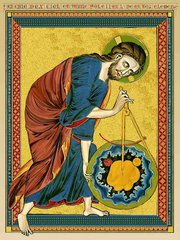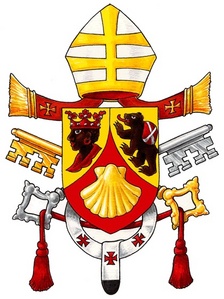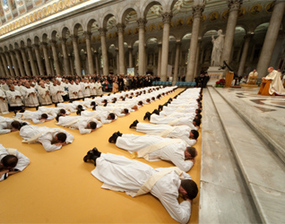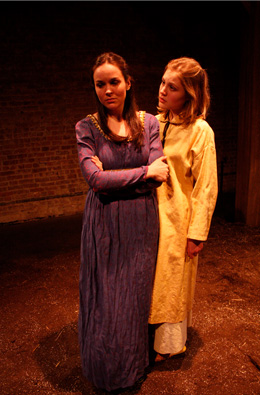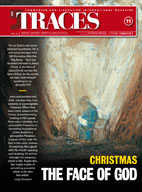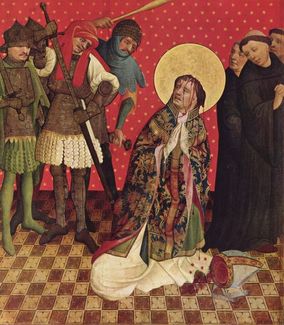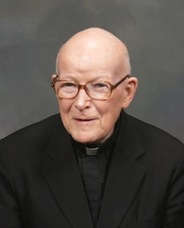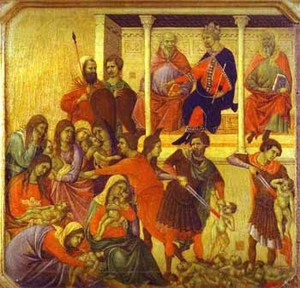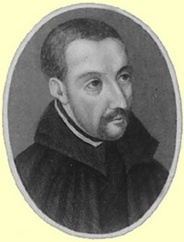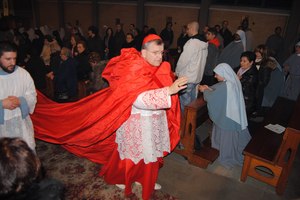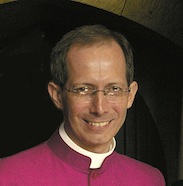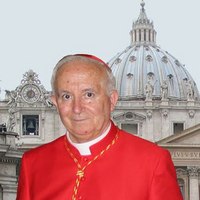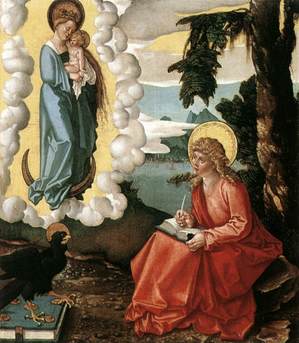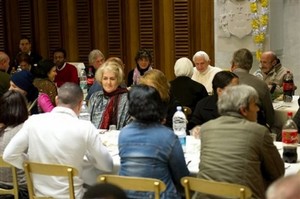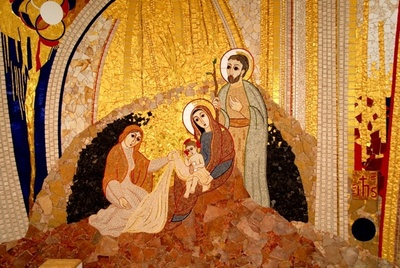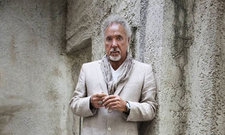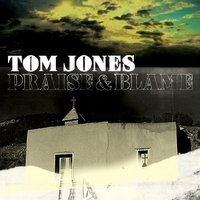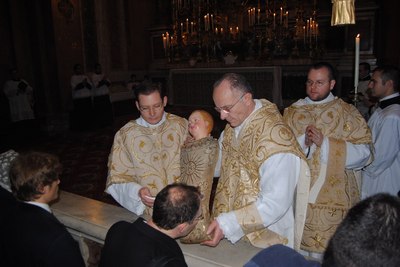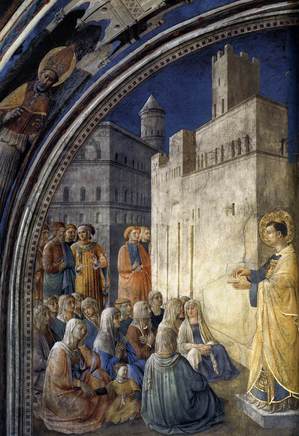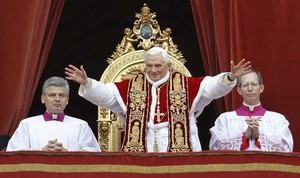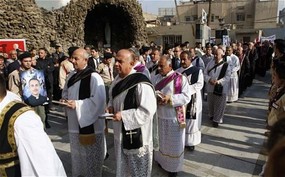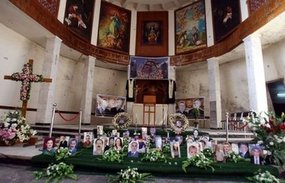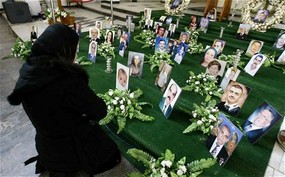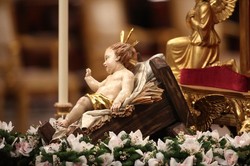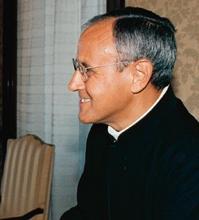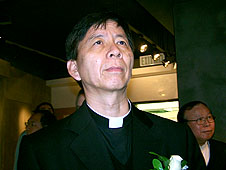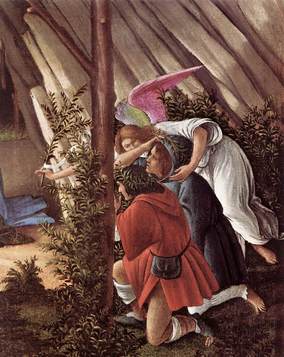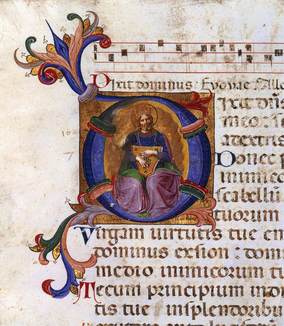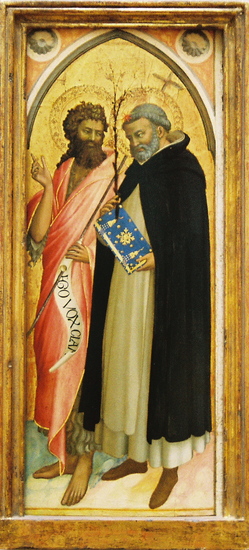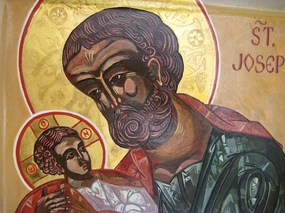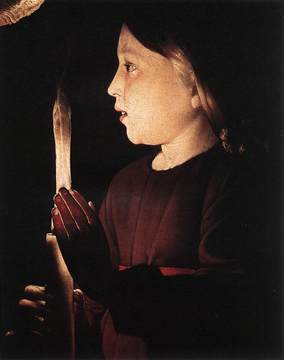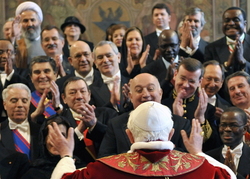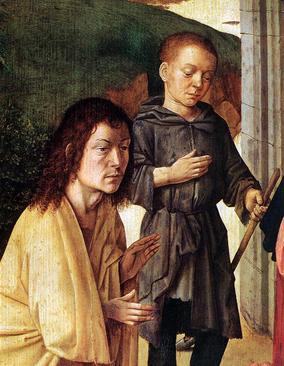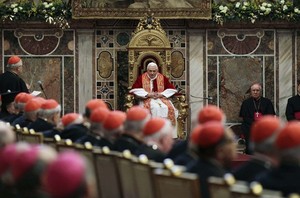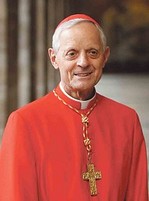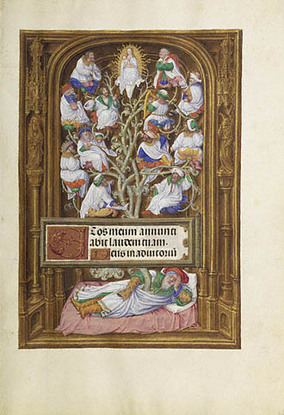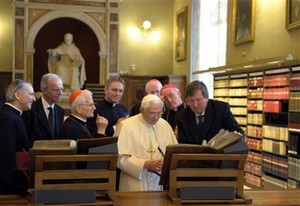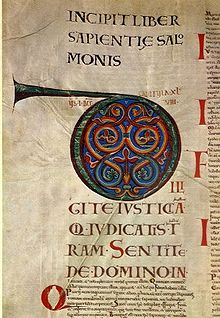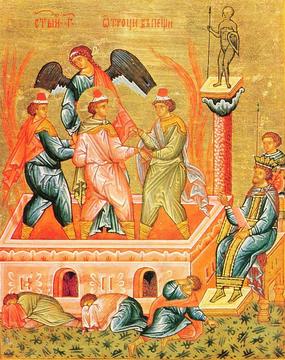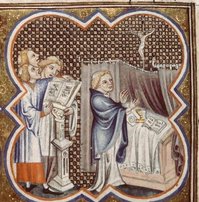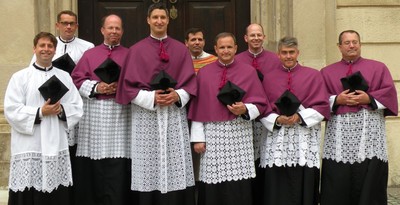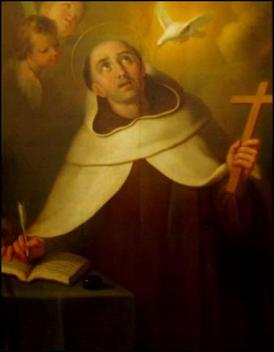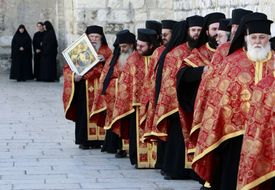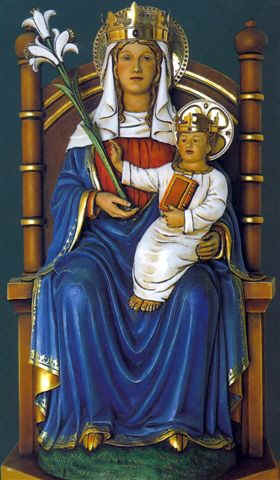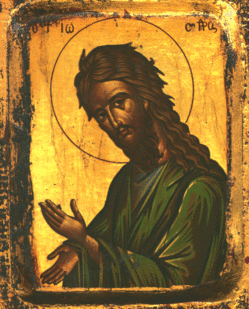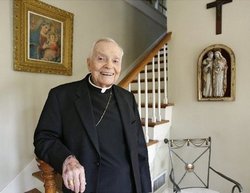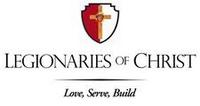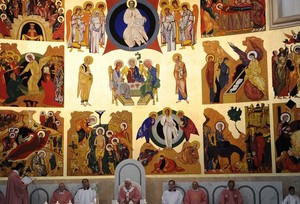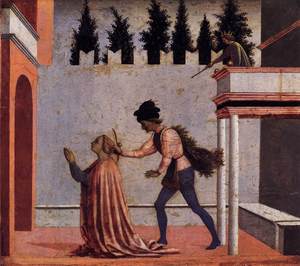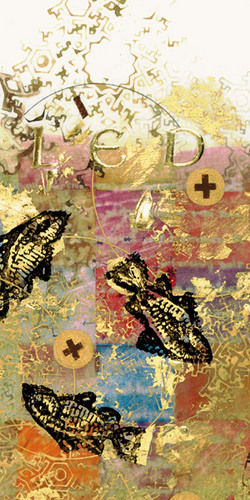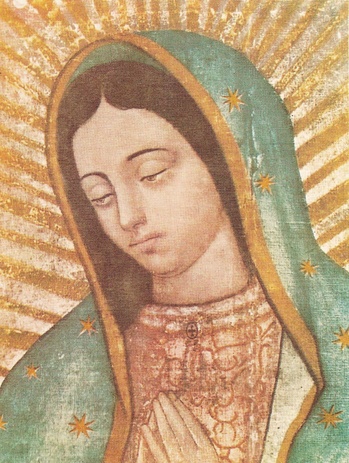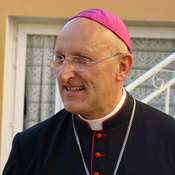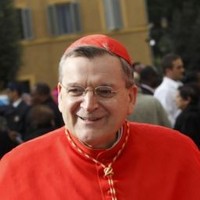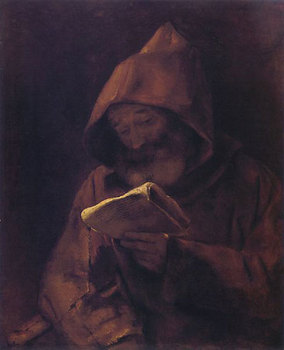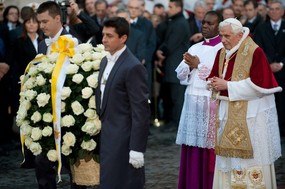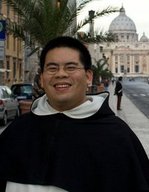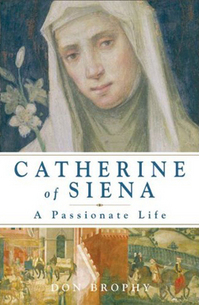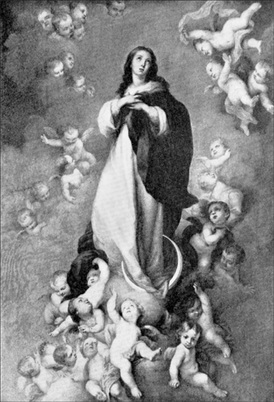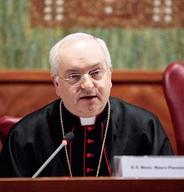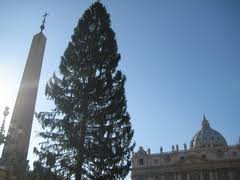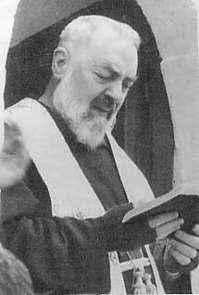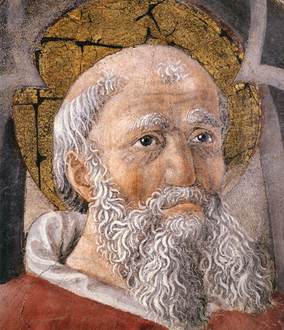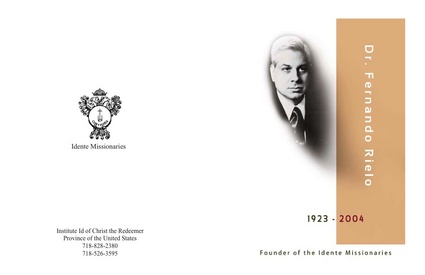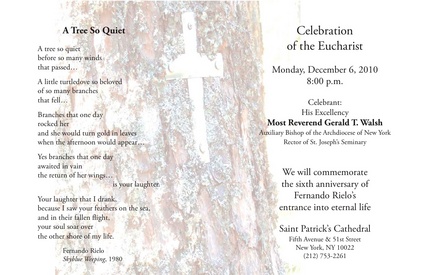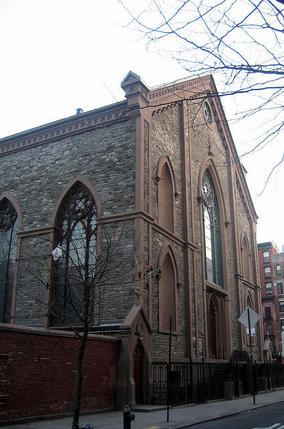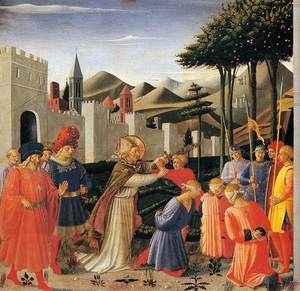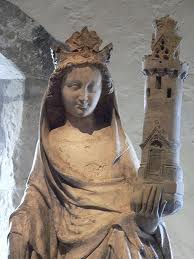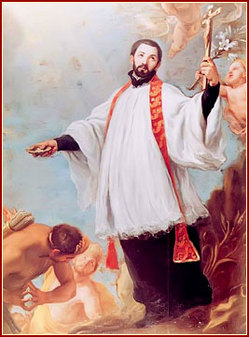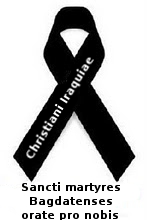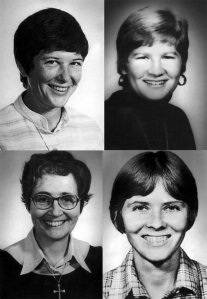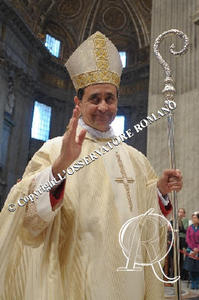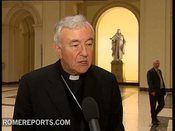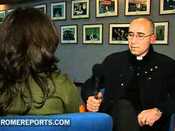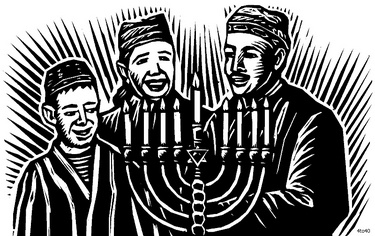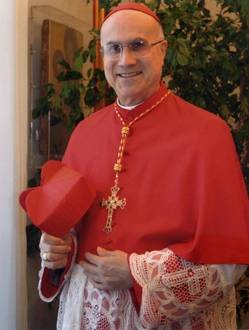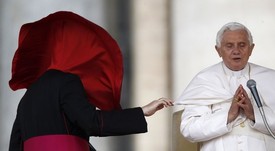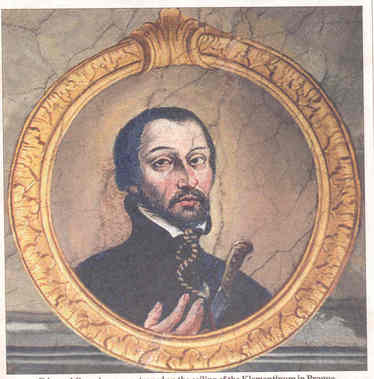At
7:30 this morning in Rome, Pope Benedict XVI offered the Sacrifice of the Mass in the Paoline Chapel of the Vatican Apostolic Palace, for peaceful repose of the soul of Manuela Camagni, the Memor
Domini who was a part of the Papal Family who died November 24 as a consequence of being hit by a car.
It is not a frequent occurrence that we hear much of the inner life of the Apostolic Household and equally little is revealed about the consecrated lay people who make up the Memores Domini community of Communion & Liberation. Plus, Manuela's death, for some reason, has had interesting affect on me, not only because I am a member of the Fraternity of Communion & Liberation but because of the recorded witness of Manuela herself, and how Manuela affected the Holy Father and those with whom he lives. What follows is Pope Benedict's homily:
Dear Brothers and Sisters,
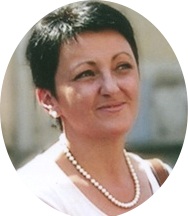
In the last days of her
life, our dear Manuela used to talk about the fact that on November 29 she
would have belonged to the community of Memores Domini for thirty years. And
she said that with a great joy, getting ready - such was the impression - for
an interior feast celebrating her path of thirty years towards the Lord, in
communion with the Lord's friends. But the feast was different from what was
expected: precisely on November 29 we took her to the cemetery, we sang asking
for the Angels to accompany her to Heaven, we guided her to the ultimate feast,
to God's great feast, to the Lamb's Wedding. Thirty years walking towards the
Lord, entering the Lord's feast. Manuela was a "wise, prudent virgin," she had
oil in her lamp, the oil of faith, a lived faith, a faith nourished by prayer,
by a dialogue with the Lord, by her meditation on the Word of God, by communion
in her friendship with Christ. And this faith was hope, wisdom, it was
certainty that faith opens up to the real future. And faith was charity, it was
giving herself for the others, it was living in the service of the Lord for the
others. I, personally, must thank for her availability to put her energies at
work in my house, with this spirit of charity and of hope that comes from
faith.
She entered the Lord's feast as a prudent and wise virgin because she
lived not in the superficiality of those who forget the greatness of our
vocation, but in the great expectation of the eternal life; so she was ready
when the Lord came.
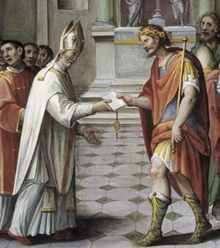 The feast day of Saint Sylvester, located so close to the Christmas liturgical cycle was an early decision of the Fathers of the Church, but it has no relation to the Mystery of the Incarnation. Today's feast Saint Sylveser, according to Pius Parsch is among the oldest in the Church's liturgical life because his memory was among the first to receive public recognition by the laity due to his exemplary holiness and concern for the welfare of the faithful, especially the poor. He's considered to be a confessor of the faith but also acknowledged as a martyr. Sylvester's feast day was for a long time a holy day of obligation.
The feast day of Saint Sylvester, located so close to the Christmas liturgical cycle was an early decision of the Fathers of the Church, but it has no relation to the Mystery of the Incarnation. Today's feast Saint Sylveser, according to Pius Parsch is among the oldest in the Church's liturgical life because his memory was among the first to receive public recognition by the laity due to his exemplary holiness and concern for the welfare of the faithful, especially the poor. He's considered to be a confessor of the faith but also acknowledged as a martyr. Sylvester's feast day was for a long time a holy day of obligation.